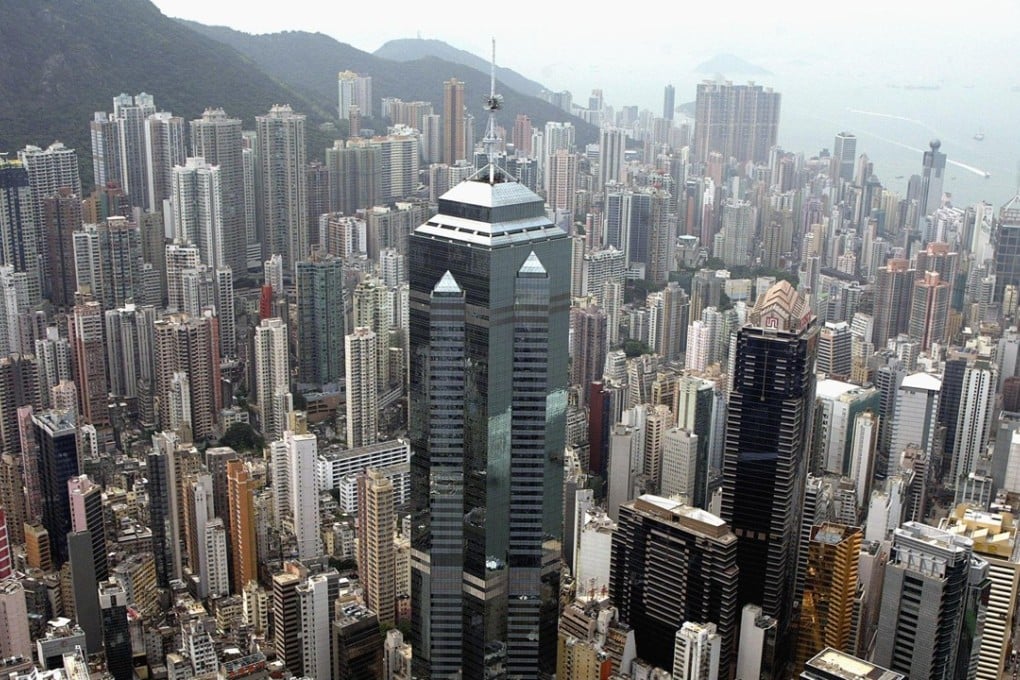Here’s how 10 buyers went around their banks and ended up owning the world’s costliest tower
Consortium of property investors put up a combined HK$8 billion in capital for the 73-storey office building in downtown Central, in the world’s biggest real estate transaction.

The C.H.M.T Peaceful Development Asia Property group – led by Shimao Property Holdings’ founder Hui Wing Mau and Forbes’ wealthiest woman of 2017 Pollyanna Chu – put up a combined HK$8 billion in capital for the 73-storey office building in downtown Central, in the world’s biggest real estate transaction.
Who are the Hong Kong buyers of the world’s costliest tower?
The group sold high-yielding short term bonds to institutional investors, which let them bypass commercial banks that usually arranged the loans for such purchases. Morgan Stanley Capital Markets and Hammer Capital Partners arranged two tranches of 18-month bonds, providing funding of as much as 80 per cent loan-to-acquisition value (LTV), double the 40 per cent LTV that applies to senior bank loans sanctioned by the city’s monetary authority.
The buyers resorted to an alternative form of financing because “we want to minimise the number of lenders in the deal,” said Chu, in a telephone interview with the South China Morning Post.
Hong Kong tycoons replace mainland buyer of world’s priciest office tower
Chu, a co-founder of Kingston Financial Group, said she is “familiar with the finance industry, as is Hui”, which gave them the confidence to seek financing from an investment bank, instead of commercial lenders.
The transaction was first announced in November 2017, after the tallest building in Li’s real estate portfolio had been on the market for more than a year. The consortium would emerge as the buyer, led by a little known, state-owned company called China Energy Reserve & Chemicals Group, with 55 per cent. The remaining 45 per cent would be shared by a quartet of Hong Kong investors that would include Ma Ah Mok, who operates Hong Kong’s biggest fleet of 19-seat buses.
By February, China Energy had dropped out of the group, snared by the Chinese government’s crackdown on overseas acquisitions and delays in securing approvals to remit funds abroad. Chu and Hui – also known as Xu Rongmao in his native Fujian province – stepped in to pick up China Energy’s stake.